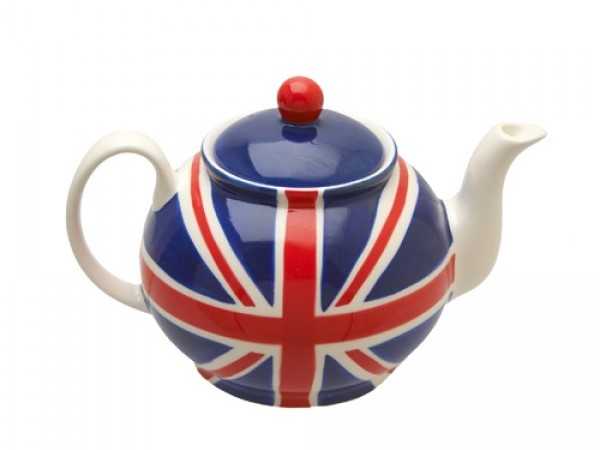LONDON – Kombucha, the vinegary drink made from fermented black or green tea leaves and favoured by Californian Instagrammers, is officially cool in Britain. Last year, the country’s first dedicated kombucha bar opened in East London (where else?) and health food cafes and #cleaneating bloggers across the UK are lauding the brew’s supposedly hangover-curing abilities and high probiotic count.
And about time too, guys. Even Goop has mocked the UK for being so late to the kombucha tea party.
But according to new research from Imperial College London, the tea can be used for more than just fueling health food fads. A team of synthetic biology undergrads led by bioengineering lecturer Tom Ellis has found a way to manipulate kombucha bacteria, allowing them to engineer material that could build shelters on Mars.
Maybe Gwynnie was onto something after all.
A report on the university’s website explains that by developing “DNA tools” to control and engineer the strain of bacteria found in kombucha tea, the researchers were able to “produce modified bacterial cellulose on command.”
While it’s not new to use cellulose (the structural component in plants) in everyday products like headphones and cosmetics, the pure form found in kombucha allowed the researchers “‘weave’ proteins and other biomolecules into the fabric of the [kombucha] bacterial cellulose as it grows,” making the potential uses for the material greater.
The stuff created from the kombucha bacteria has already been touted as having the potential to develop fabric with in-built toxin sensors that change colour as a warning response.
Speaking to MUNCHIES, Ellis explained how the material could also help conquer Mars: “Thebacteria are tiny and weigh almost nothing, but given the right conditions (sugar, water, vinegar), they can make a very versatile material. NASA are interested because the key problem with going to Mars is the weight of the payload. Just sending 1 kilogram to into orbit costs £10,000 or more. Imagine the cost of sending enough fabric to cover a space station roof on Mars!”
The key to building on Mars can’t be found in any old tea leaves, though. It’s got to be kombucha. Ellis explains: “Kombucha tea is unique. It’s a fermented drink rather than a cooked tea, and the bacteria that ferment the drink produce a lot of this cellulose material as a side product. We’re not really sure why […] it’s a very pure form of cellulose unlike what we get from plants and trees.”
It’s not the first time kombucha bacteria has been used in space exploration but this time, it could help create livable conditions on Mars. Ellis added: “We’re discussing how bacteria can be stored on a ship and then later be revived and made to make materials when and where they are needed. If those microbes can be easily re-programmed with DNA code to make a whole variety of different custom materials, then that’s even better.”
So it looks like the fermented latte-chugging hipsters are getting their way. Kombucha (or at least part of its bacteria) could soon spread beyond the trendy cafes into the far reaches of the universe.
Watch this space for a pop-up on the red planet that lets space travellers drink brews in a bar made of the same bacteria … It’s, like, so meta.


















